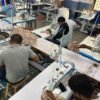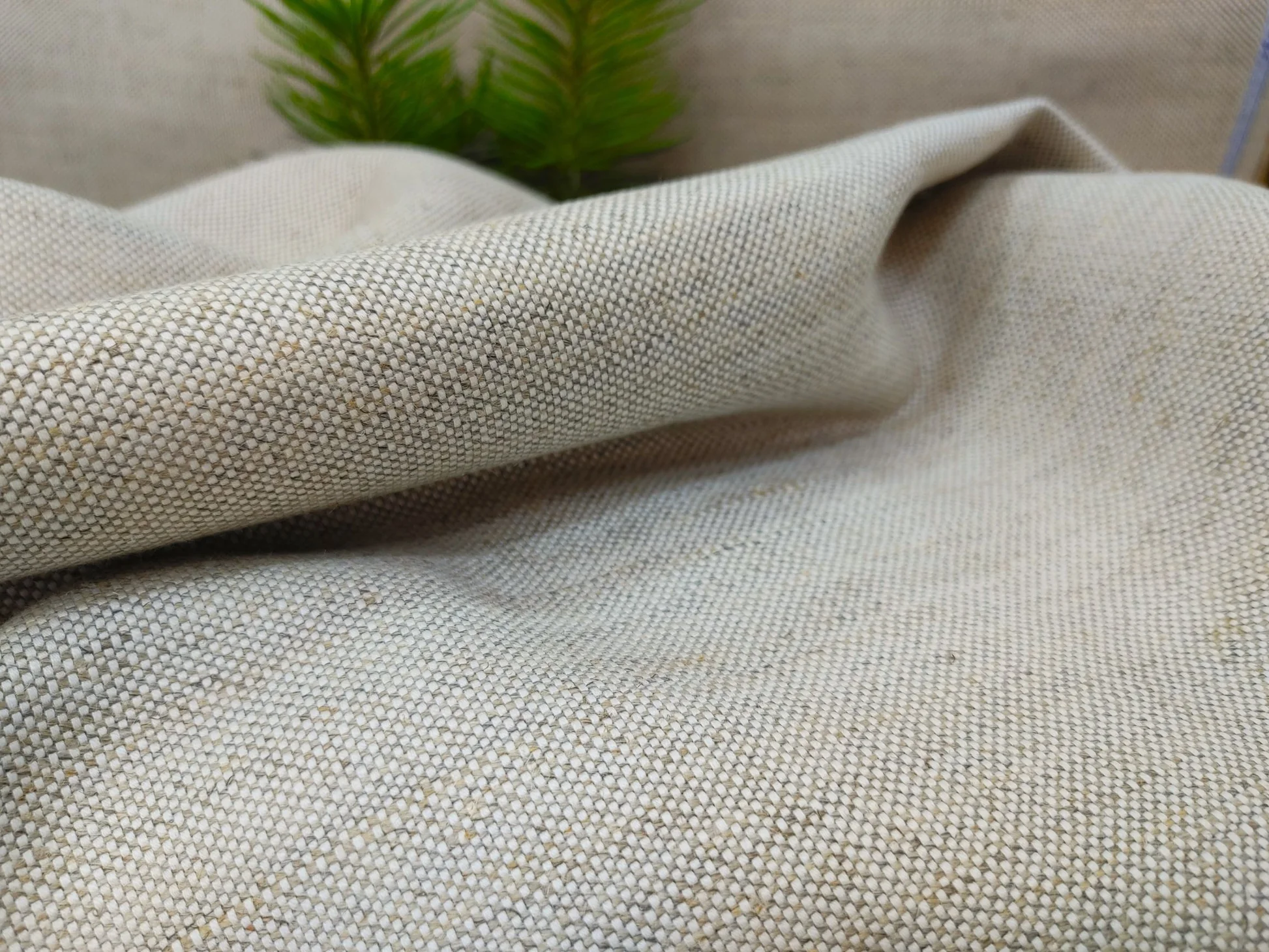Why Hemp Fabric is Better for the Environment
The global fashion industry is undergoing a significant transformation as consumers become more conscious of sustainability and environmental responsibility. Fast fashion has contributed to pollution, excessive water consumption, and textile waste, prompting a shift toward eco-friendly alternatives. Among the most promising sustainable materials is Hemp Fabric clothing, which offers durability, comfort, and minimal environmental impact. As people increasingly seek ethical fashion choices, hemp is emerging as a powerful solution that aligns with both style and sustainability. At Echo Earth, we are committed to promoting responsible fashion through high-quality Hemp clothing that supports environmental well-being. Hemp is not just a trend; it is a time-tested natural fiber that has been used for centuries due to its strength and versatility. Today, modern technology allows Hemp clothing manufacturers to produce soft, breathable, and stylish garments suitable for everyday wear. With the rise of Online Hemp clothing platforms, sustainable fashion is now accessible to a global audience, empowering consumers to make greener choices. Hemp Requires Significantly Less Water One of the major environmental concerns in textile production is excessive water usage. Conventional cotton farming requires enormous amounts of water for cultivation and processing. In contrast, hemp is a drought-resistant crop that requires far less irrigation. It can grow efficiently with minimal water, reducing strain on natural water resources. By choosing Hemp Fabric clothing, consumers indirectly contribute to water conservation. At Echo Earth, we highlight the importance of sustainable resource use in producing our Hemp clothing collections. Reduced water dependency makes hemp an environmentally responsible fiber compared to many conventional materials. Minimal Need for Pesticides and Chemicals Hemp is naturally resistant to pests and diseases, which means it requires little to no chemical pesticides or herbicides. This reduces soil contamination and protects surrounding ecosystems. Many traditional crops depend heavily on chemical treatments that harm biodiversity and pollute groundwater. Responsible Hemp clothing manufacturers prioritize organic cultivation methods that preserve soil health. By supporting Online Hemp clothing, consumers encourage cleaner agricultural practices and reduce exposure to harmful chemicals. Echo Earth ensures that our sourcing practices align with environmentally conscious standards, promoting healthier farming systems. Hemp Improves Soil Health Unlike many commercial crops that deplete soil nutrients, hemp actually enhances soil fertility. Its deep root system prevents soil erosion and helps maintain structural integrity. Hemp also absorbs toxins from the soil, a process known as phytoremediation, contributing to land restoration. Choosing Hemp Fabric clothing supports agricultural practices that regenerate rather than degrade the environment. At Echo Earth, we believe sustainable fashion should not only minimize harm but also create positive environmental impact. By working with responsible Hemp clothing manufacturers, we contribute to long-term soil sustainability. Lower Carbon Footprint Climate change is a pressing global concern, and the fashion industry plays a role in greenhouse gas emissions. Hemp plants absorb significant amounts of carbon dioxide during growth, making them highly effective at carbon sequestration. Compared to synthetic fabrics, which rely on fossil fuels, hemp has a much lower carbon footprint. Purchasing Online Hemp clothing from sustainable brands like Echo Earth supports eco-friendly production methods that reduce emissions. As demand for Hemp clothing increases, more manufacturers adopt greener supply chains, further lowering environmental impact. Biodegradable and Zero-Waste Potential Synthetic textiles such as polyester contribute heavily to microplastic pollution and landfill waste. Hemp, on the other hand, is fully biodegradable. When disposed of responsibly, Hemp Fabric clothing decomposes naturally without releasing toxic substances into the environment. At Echo Earth, we emphasize durability and longevity in our Hemp clothing collections. Hemp fibers are exceptionally strong, which means garments last longer and reduce the frequency of replacement. This durability supports a zero-waste approach and encourages mindful consumption. Energy-Efficient Production The production of synthetic fabrics often requires energy-intensive processes. Hemp processing, particularly when managed by ethical Hemp clothing manufacturers, consumes significantly less energy compared to petroleum-based textiles. By supporting Online Hemp clothing, consumers promote sustainable energy practices in fashion manufacturing. Echo Earth collaborates with environmentally responsible partners to ensure efficient and eco-conscious production methods that align with our commitment to sustainability. Breathability and Comfort Environmental benefits aside, hemp offers practical advantages for everyday wear. Hemp Fabric clothing is naturally breathable, moisture-wicking, and temperature-regulating. These qualities reduce the need for frequent washing and energy consumption related to garment care. Our Hemp clothing collections at Echo Earth are designed to combine sustainability with comfort and style. Consumers no longer need to compromise on fashion to make environmentally responsible choices. Supporting Ethical and Sustainable Fashion The rise of Online Hemp clothing has made sustainable fashion more accessible than ever. Digital platforms allow consumers to explore eco-friendly collections and understand the environmental impact of their purchases. Responsible Hemp clothing manufacturers often prioritize ethical labor practices and fair trade principles. By choosing hemp-based garments, customers contribute to a fashion ecosystem that values transparency, fairness, and sustainability. Echo Earth is proud to support ethical sourcing and production as part of our brand mission. Versatility and Durability Hemp is one of the strongest natural fibers available. Its durability makes it suitable for a wide range of garments, from casual wear to outerwear. The strength of Hemp Fabric clothing ensures long-lasting performance, reducing textile waste over time. At Echo Earth, our Hemp clothing collections reflect both functionality and aesthetic appeal. Investing in durable garments means fewer replacements, less waste, and a smaller environmental footprint. The Future of Sustainable Fashion As environmental awareness grows, hemp is becoming a cornerstone of sustainable fashion. Governments and environmental organizations increasingly recognize hemp’s ecological advantages. The shift toward eco-friendly materials is not temporary; it represents a fundamental transformation in consumer behavior. Brands like Echo Earth are leading this movement by offering high-quality Online Hemp clothing that aligns with modern sustainability standards. By collaborating with experienced Hemp clothing manufacturers, we ensure that our products meet both environmental and quality expectations. Final Thoughts Hemp is more than just a textile — it is a sustainable solution to many environmental challenges facing the fashion industry. With lower water consumption, minimal chemical use, improved soil health, reduced carbon footprint, and














